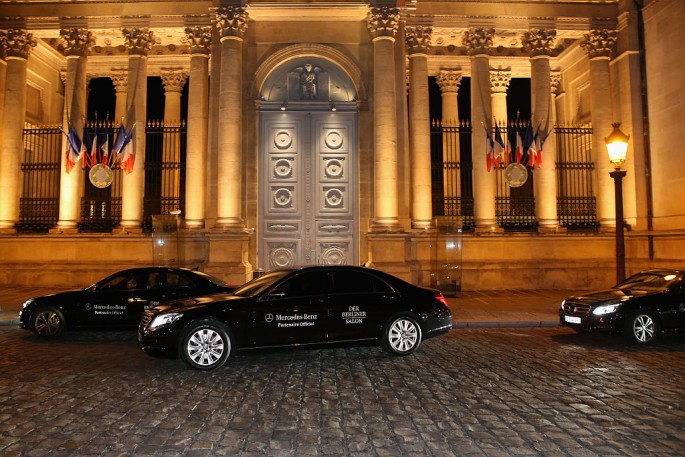As expected, tourism in Paris is on a downhill after the Nov. 13 terror attacks. Fewer people are travelling to the City of Lights despite the attraction of the Eiffel Tower and French cuisine over fears for their safety.
Associated Press reports that some Paris hotels have reported a 39 percent decline in occupancy rates since the terror attacks, according to data from STR Global, a firm that monitors hotel industry data. The figure was as of Saturday and in comparison for the same period in 2014.
As of Sunday, it slightly improved to 33 percent, possibly reduced by arriving delegates for the 2015 Climate Conference in Paris.
It is not only hotels, but also dining establishments, retailers and other tourism-related businesses that have been affected by the attacks claimed by the Daesh or Islamic State. To help these affected businesses, the French government, after a Wednesday Cabinet meeting, said that affected establishment would get tax and loan repayment extensions.
The impact also goes beyond the capital city but affects the entire national economy.
The Daesh threat on Brussels has been impacted the entire Schengen zone which European Commission President Jean-Claude Juncker warns is "partially comatose." He says a collapse would negatively affect the Eurozone and the area's single currency could die if travelers could not move freely within the passport-free travel zone.

In response to the Paris incident, many members of the Eurozone brought back border control to prevent the entry of Middle Eastern migrants who could possibly include jihadists pretending to be asylum seekers.
In his message to the European Parliament, Juncker says, "We have to safeguard the spirit behind Schengen ... A single currency does not exist if Schengen fails. It is not a neutral concept. It is not banal. It is one of the pillars of the construction of Europe," quotes The Independent.



























